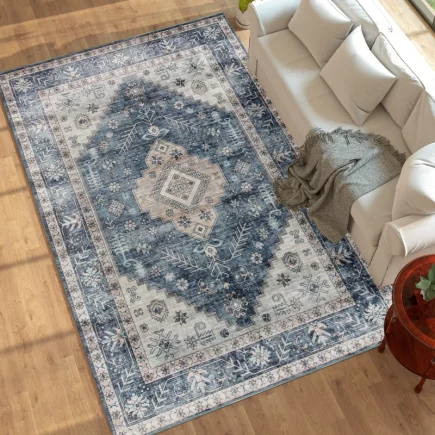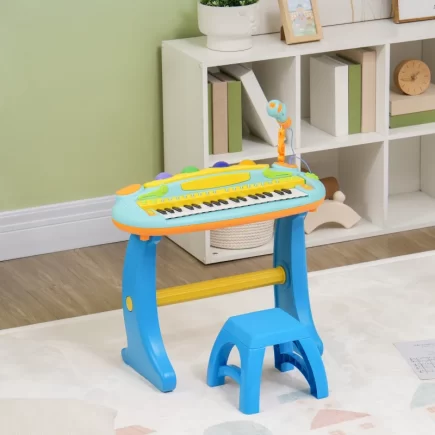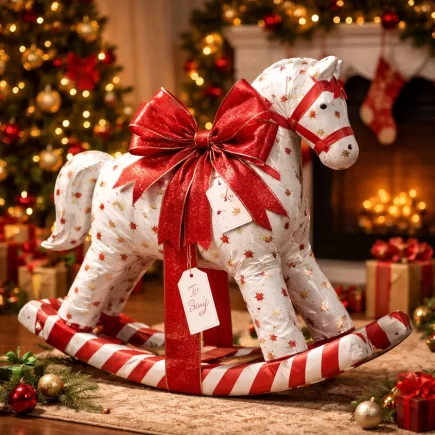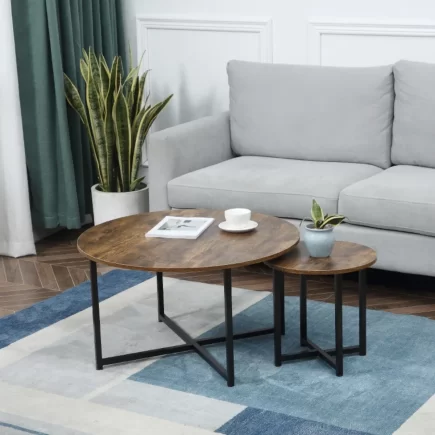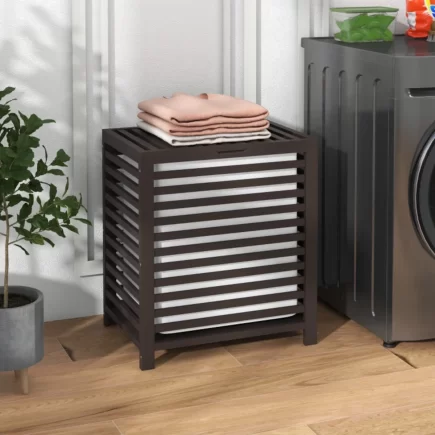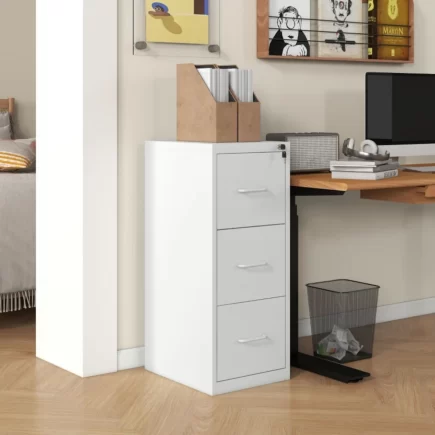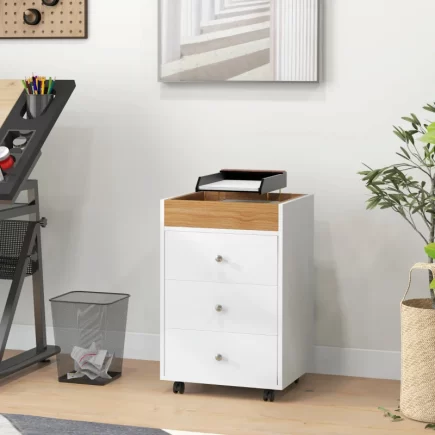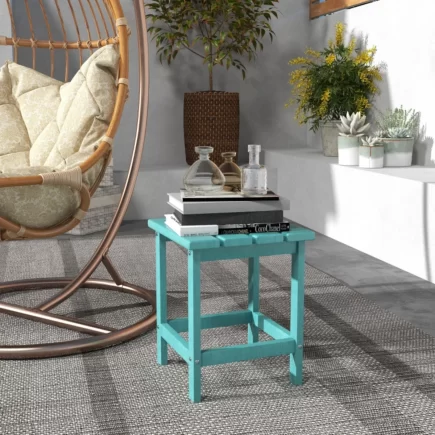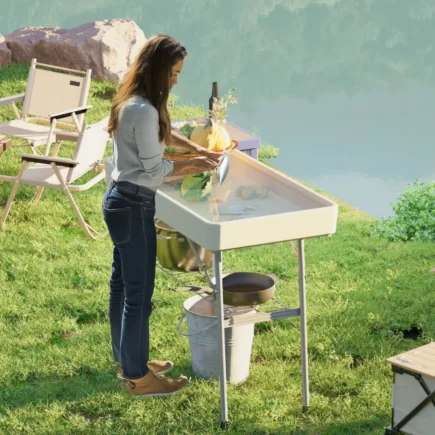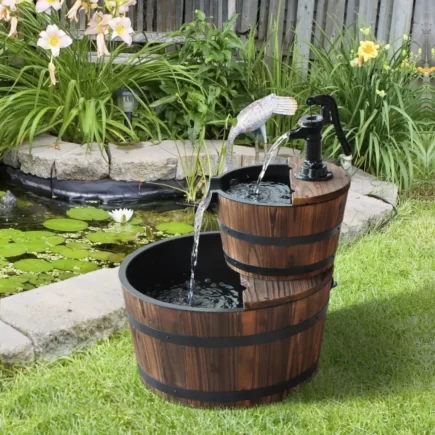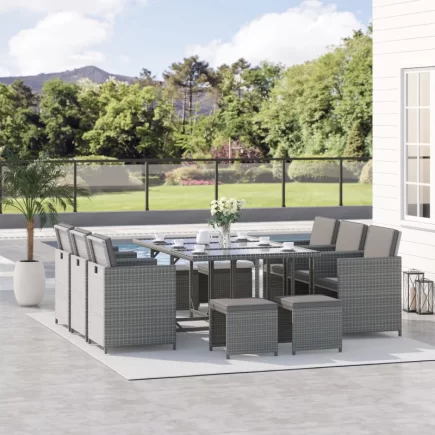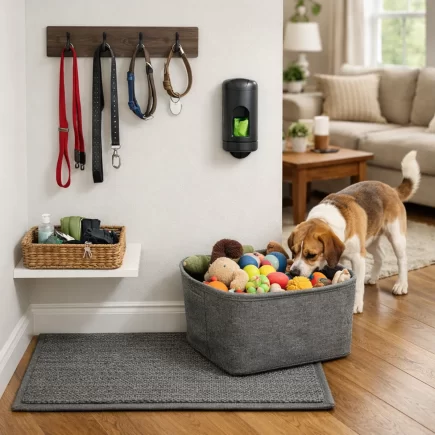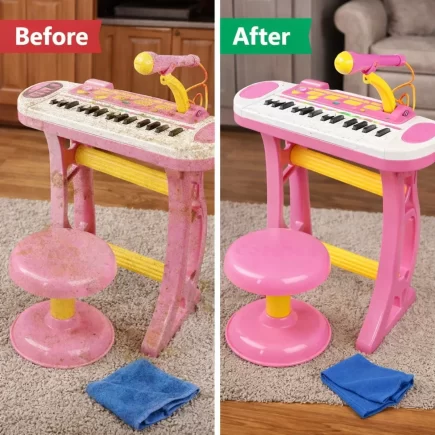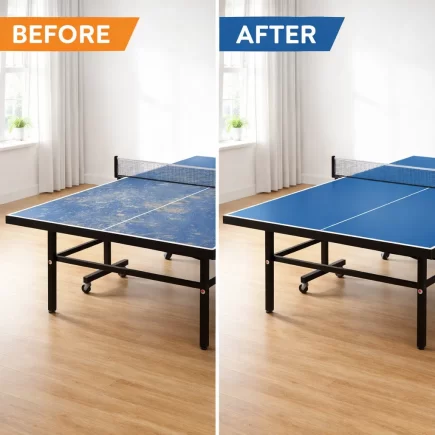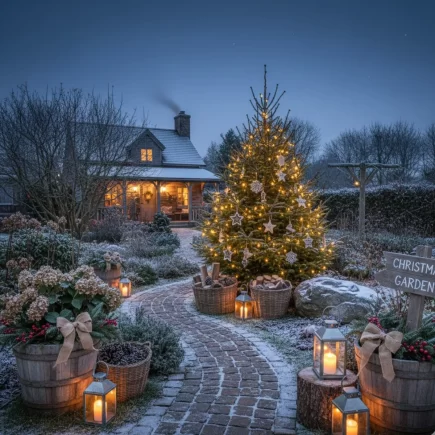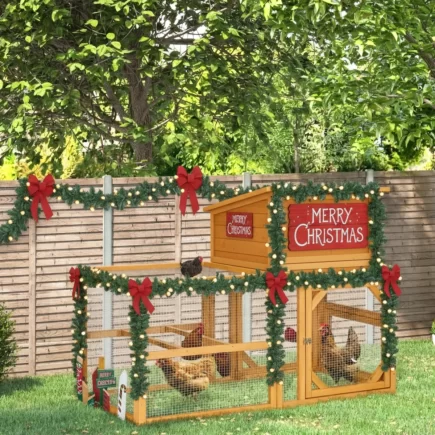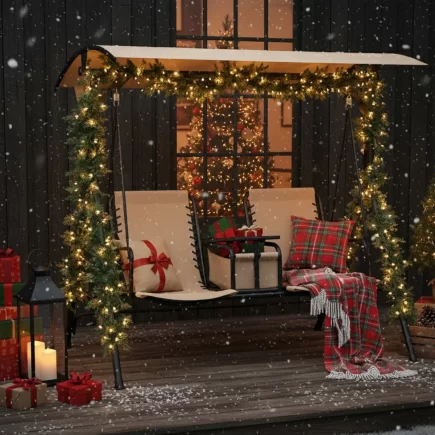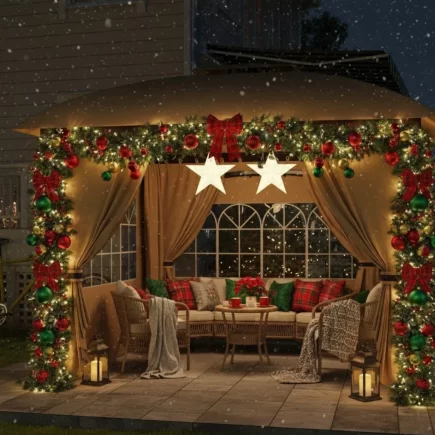Every December, the Christmas tree becomes the centerpiece of holiday decor. For many families, that centerpiece is an artificial tree. While faux trees are practical, reusable, and cost-effective, they can eventually look worn, outdated, or simply out of style with your decor. Instead of buying a brand-new tree, you can breathe new life into your old one by spray painting it.

Spray painting a faux Christmas tree is one of the easiest and most creative DIY projects to refresh your holiday setup. It allows you to change the tree’s color, add shimmer or glitter, or create unique styles like ombre fades or frosted finishes. With the right prep and technique, you’ll not only save money but also create a custom holiday centerpiece that perfectly matches your home.
Choosing the Right Faux Tree
Not every artificial tree is the same. Some are better suited for painting than others. Before you start, consider the type of tree you have:
| Tree Type | Pros | Cons |
| Pre-Lit Trees | Saves time later since lights are already attached; looks polished | Requires extra prep to mask bulbs and wiring |
| Non-Lit Trees | Quickest and easiest to paint; great for beginners | You’ll need to add separate lights later |
| Flocked Trees | Adds natural texture, paint adheres well | Can look heavier if too much paint is applied |
| Older/Worn Trees | Ideal for upcycling and refreshing | Avoid trees with broken branches or loose wiring |
Pro Tip: If your current tree is unsafe, missing parts, or has damaged wiring, it’s better to replace it. Painting enhances looks but can’t fix safety issues.
Supplies and Tools Checklist
Having the right tools ensures smooth progress and a polished result.
| Category | Item | Purpose |
| Main Supplies | Spray paint (primer + finish) | Coverage, color, and durability |
| Prep Materials | Masking tape, drop cloth, cardboard | Protect lights, floor, and walls from overspray |
| Protective Gear | Gloves, mask, goggles | Safety from fumes and paint contact |
| Tools | Step ladder, spray tent (optional) | Reach higher areas and contain spray |
| Accessories | Tree stand or sturdy base | Keeps the tree stable during painting |
Recommended Paints: Use multi-surface spray paints that bond well with plastics like PVC or PE.
Preparing Your Tree

- Dust and Clean: Wipe branches with a cloth or use a vacuum with a brush attachment.
- Cover Lights (if pre-lit): Mask bulbs and wiring with tape or straw covers.
- Protect the Area: Lay down a drop cloth or large piece of cardboard. If painting indoors, use a spray tent to contain overspray. Always spray outdoors or in a well-ventilated garage, and avoid windy days that can blow dust or ruin the finish.
- Stabilize the Base: Secure the tree in a stand so it won’t tip during painting.
- Cover the Pot/Base: Wrap with plastic, tape, or a bag to prevent overspray. Keep covered until painting is finished.

Safe Spray Paint Options for Faux Trees
Artificial trees are usually made of PVC or PE, both smooth plastics that need strong adhesion. Picking the right paint type prevents cracking or peeling later.
| Tree Material | Best Paint Type | example Finishes |
| PVC | Multi-surface spray paint with primer | Satin white, metallic silver |
| PE | All-in-one primer + color spray paint | Gloss gold, frosted green |
| Flocked | Satin or glitter topcoat spray | Champagne shimmer, frosted sparkle |
| Fiber Optic | Not recommended for painting | Can damage fibers and lighting |
Pro Tip: Always test a small hidden branch first. This ensures the paint bonds well before committing to the entire tree.
Step-by-Step Spray Painting Process
Here’s the detailed process to achieve a smooth, professional finish:
Step 1: Spread Branches
- Spread branches apart so paint can reach inner areas.
- Place the tree securely in its stand on the prepared surface. Make sure it’s stable before you begin spraying.
Step 2: Apply Primer (Optional)
- If your tree is very dark green or you’re applying bold colors, use a primer spray first.
- Allow the primer to dry completely before adding color.

Step 3: Spray the First Coat
- Hold the can 10–12 inches from the branches.
- Use light, sweeping motions to cover evenly.
- Start with inner branches before moving outward.
Step 4: Let Coats Dry
- Wait 15–30 minutes between coats.
- Apply multiple light layers instead of heavy sprays to ensure even coverage and avoid drips.
Step 5: Apply Final Coverage
- After 2–3 coats, give the tree one last even pass.
- Ensure top, bottom, and sides are fully coated.

Step 6: Dry and Cure
- Let the tree dry for 24–72 hours in a warm, dry place.
- Do not decorate until it’s fully cured to prevent smudging or peeling.

Step 7: Uncover and Decorate the Pot/Base
- Remove protective coverings once the tree is fully dry.

- Leave it plain, or paint separately with durable spray paint.
- Alternatives: wrap with fabric, slip into a basket, or use a decorative collar.
Creative Color and Style Ideas
Painting allows you to go beyond traditional green. Here are some popular and creative options:
| Style | Best Use |
| Classic White | Minimalist or farmhouse decor |
| Metallic Gold/Silver | Luxe or party themes |
| Ombre Fade | Modern, artistic displays |
| Glitter Finish | Kids’ rooms, festive parties |
| Frosted/Dusty | Woodland, rustic charm |
| Bold Colors (Pink, Aqua, Purple) | Themed rooms or modern decor |
Pro Tip: Pair bold colors with neutral ornaments to keep the design balanced.
Seasonal Decorating Themes After Painting
After painting, it’s time to move on to decorating the Christmas tree for the holidays.
- Rustic Farmhouse: White-painted tree with plaid ribbons, burlap garlands, and wooden ornaments.
- Glam Luxe: Gold or silver-painted tree with crystal ornaments, sequined garlands, and metallic ribbon.
- Modern Minimalist: Matte black or white tree with geometric ornaments and neutral tones.
- Vintage Charm: Soft pastel-painted tree with retro ornaments, tinsel, and classic toppers.

Pro Tip: Stick to a palette of two or three main colors for a cohesive look.
Durability and Long-Term Care
Your painted tree can last for years if properly cared for.
- During Painting: Thin, even coats are key to preventing cracking or peeling. Allow each coat to dry fully before moving to the next.
- After the Holidays: Dust branches gently before storing. Place the tree in a storage bag or plastic cover in a dry, stable-temperature area.
- Before Next Season: Inspect for chips or peeling. Touch up with leftover spray paint as needed.
Benefits of Spray Painting an Artificial Tree
To close, here’s why painting is such a smart solution:
| Benefit | Why It Matters |
| Affordable | Costs far less than replacing a full-size tree |
| Customizable | Any color, finish, or theme to fit your style |
| Eco-Friendly | extends the life of old trees, reducing waste |
| Stylish | Keeps your decor fresh and up to date |
| Long-Lasting | Painted properly, trees last for several seasons |
Spray painting a Christmas Tree is an easy, affordable, and creative way to refresh your holiday decor. With the right supplies, careful preparation, and a little imagination, you can turn a dull or outdated tree into a stunning centerpiece. From timeless white frosted looks to bold metallic or colorful designs, the options are endless.
Instead of spending money on a new tree, give your existing one a makeover. Done right, your painted tree will last for years, bringing joy, style, and a personal touch to every holiday season.
FAQs
1. Is it safe to use indoor spray paint on my Christmas tree?
Yes, as long as it’s a multi-surface spray paint suitable for plastics. Always paint in a well-ventilated area and let the tree fully cure before bringing it inside.
2. How do I prevent branches from sticking together after painting?
Lightly spread branches apart while drying and avoid heavy coats of paint. This prevents clumping and ensures even coverage.
3. Will painting a tree make it flammable?
Using approved spray paints doesn’t increase flammability. However, avoid candles, open flames, or non-LeD lights on painted trees.
4. Can painting affect the smell of my tree indoors?
Freshly painted trees may give off fumes if not cured properly. Always let the tree dry completely in a ventilated space before decorating indoors.

